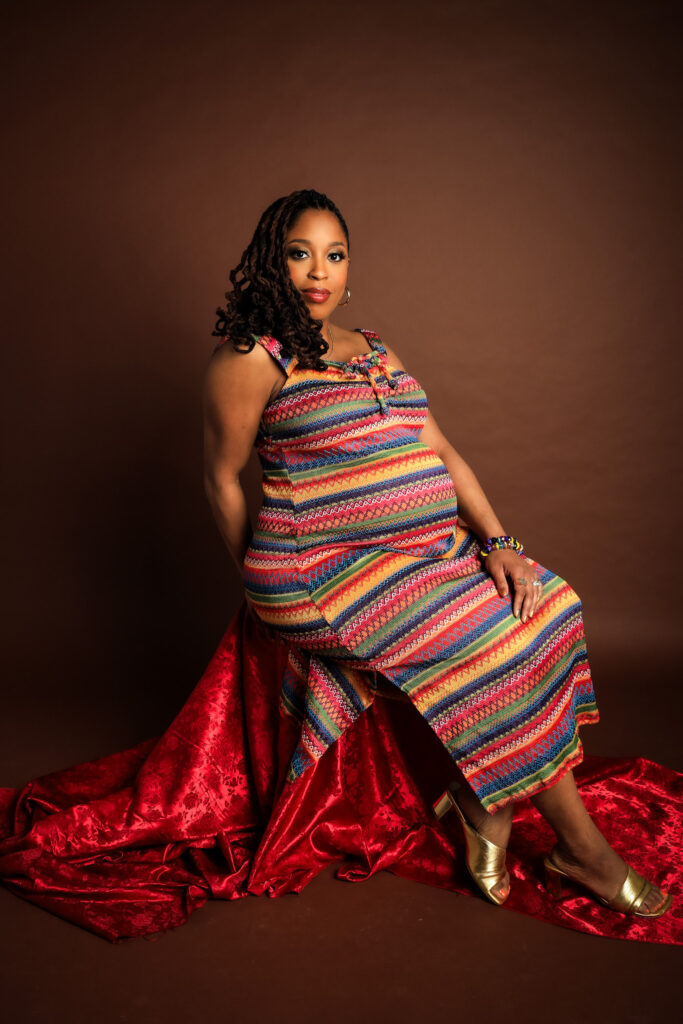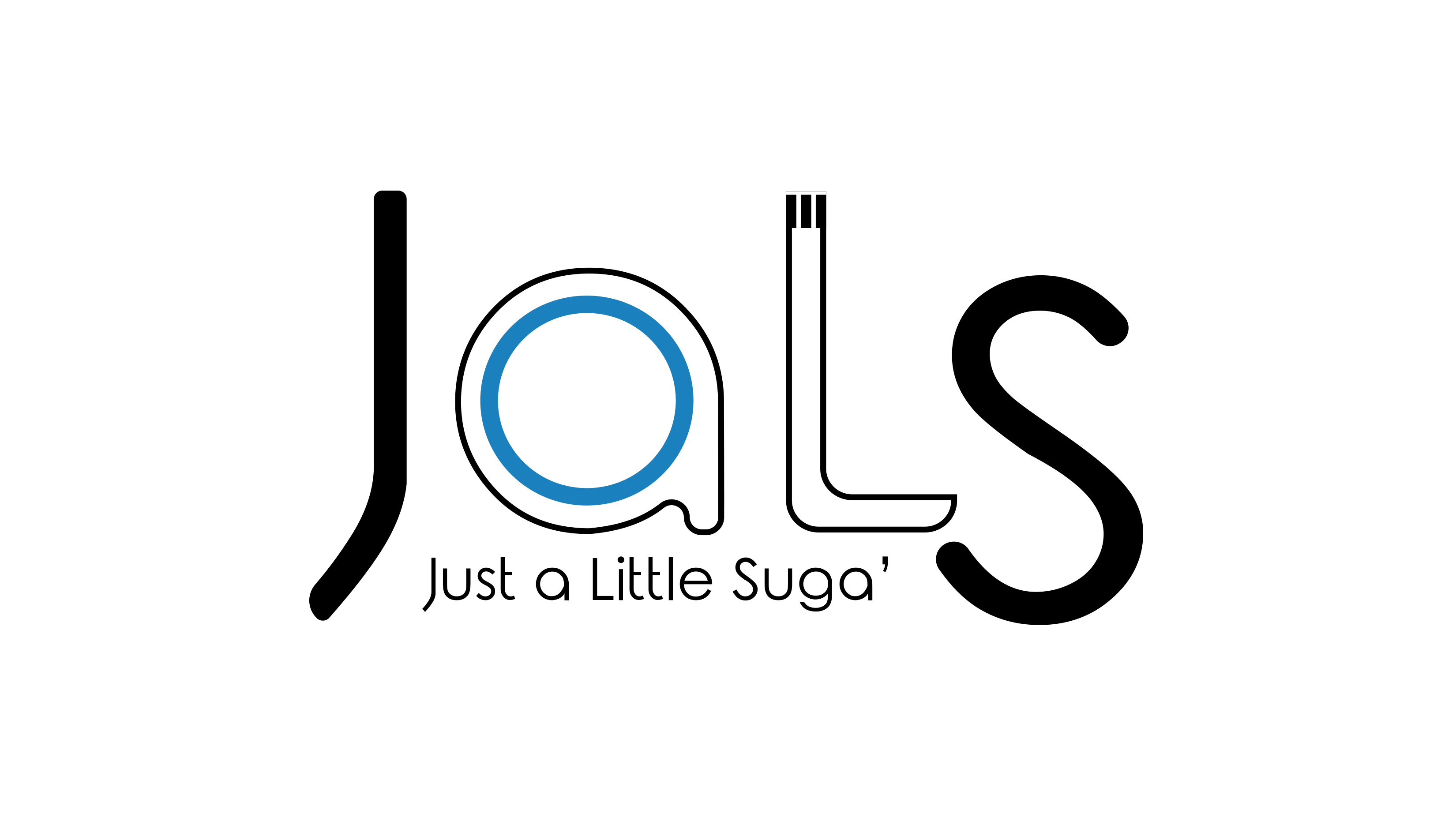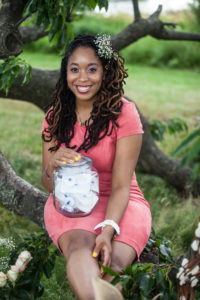Black Maternal Health Week ’25 – My Second Pregnancy Journey

Happy April. This month brings a flurry of emotions. My youngest turns one. I’m immensely grateful and joy-filled when I consider how much she’s grown over the last year. I do this while also amplifying Black Maternal Health Week, April 11th-17th and the importance of providers who validate and act on our concerns. Why does this matter? Black women are more than three times more likely than white women to die from a pregnancy-related issue, while black infants are 2.4 times more likely to die than their white counterparts.
Around 6 months into my second pregnancy, an intense, unsoothable itching in my hands and feet overwhelmed me. No moisturizer — shea butter, hydrocortisone, calamine lotion could relieve me. This pregnancy was also riddled with terrible acid reflux that left me nauseous and retreating to our living room couch nightly to sleep vertically. Itchiness was at the bottom of my list of concerns. Still, after a late night Google search and expressing my concerns to my black obgyn, I was tested for and diagnosed with cholestasis. What seemed like a minor inconvenience carried terrible consequences for baby, including a heightened risk of still birth. My first pregnancy was riddled with anxiety related to type 1 diabetes and a late third term preeclampsia diagnosis. Now, my second was marked by type 1 diabetes, and a new condition that further risked the livelihood of my daughter. I was tired!
Every 1-2 weeks, my bile acid levels were tested. If they reached above a certain threshold, I’d need to deliver no later than 37 weeks. I was hopeful and scheduled for a 39-week induction. However, despite consistent medication taken multiple times a day, my acid levels continued to rise. In fact, at 35 weeks and a failed stress test, I spent the night at the hospital as doctors contemplated delivering me early. But baby girl, said —aht, aht we’re still kicking and baking over here and my obgyn moved up my induction to 38 weeks. At 36 weeks, I had another disappointing bile acid test. Within a month, and with consistent medication, I went from 16 to 35 to 55.
During that time, I confided in my linesister, also a phenomenal black obgyn, Dr. Rachel Blake. When I started to feel uneasy about my increasingly rising bile acid levels and questioned how baby would fare if I stayed pregnant any longer, she validated my concerns and nudged me to speak up. And I’m so glad I did. At 36 weeks and 5 days, I met with my provider who immediately acknowledged and agreed with my sentiments. She scheduled me for a c-section 2 days later. Studies show that when providers are of the same race as their patients, newborn mortality rates actually decrease. I’m so grateful for my black obgyn, who took seriously every concern and not once tried to undermine or push back against my observations. I felt seen.

